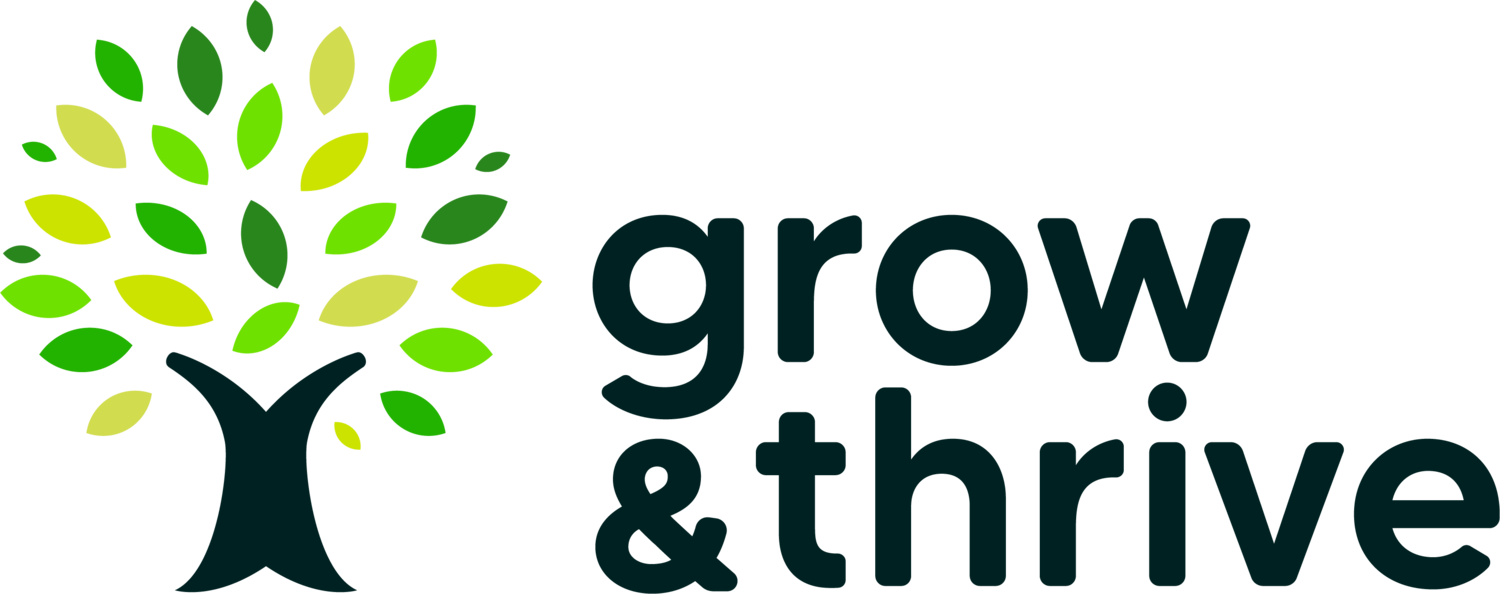Transform your questions....
One of the most common strategies I suggest to families in my work as a Specialist Speech and Language Therapist is to "reduce questions". It's often my starting point, and applies to families supporting young people with delayed language, dysfluency, selective mutism, autism and more.
Reducing questions works in many ways. It reduces communicative pressure (as every question comes with expectation of response). It reduces language levels (as some of the language of questions can be hard to fathom out). It changes the dynamic from tester to companion (language becomes more of a shared experience rather than a leader and a follower).
There's a catch though - it can be hard work! I've seen the look of horror on a parent's face when they realise that 90% of their interactions are questions - but don't know what to say instead. It's not a criticism - it's human nature to fill the gaps with talk - and when we feel that someone is communicating less than we think they can we start to become super questioners in a bid to "draw out" information.
So, to lighten up communication I suggest using your hand as a reminder about the questions:comment ratio.
Draw round your hand and think up some ideas. Hold the question you want to ask in your palm and try and find 5 ways to transform it into a comment, statement, observation, exclamation, invitation. It's unrealistic to never ask questions (they have their place too) but give the hand trick a try
#slp #salt #autism #asd #selectivemutism #speechandlanguagetherapy #scotland #languagedevelopment

